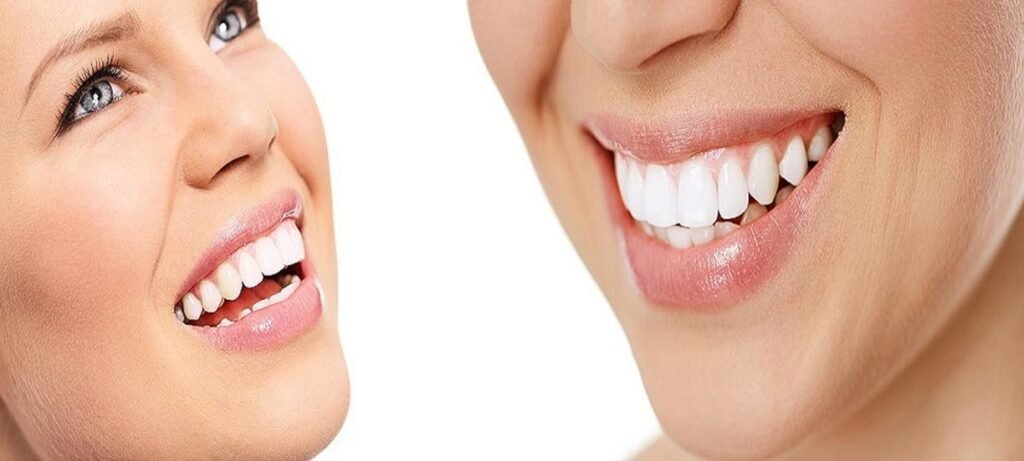The COVID-19 pandemic has significantly transformed dental implant tourism, reshaping patient expectations, clinic operations, and the overall landscape of international dental care. As the world adapts to the post-pandemic era, several key trends have emerged, influencing how patients approach dental implant procedures abroad.
1. Enhanced Safety and Hygiene Protocols
In response to heightened health concerns, dental clinics worldwide have implemented stringent safety measures to protect both patients and staff. These protocols include:
- Advanced Air Filtration Systems: Utilization of HEPA filters and improved ventilation to reduce airborne contaminants.
- Regular Sanitization: Frequent disinfection of surfaces and equipment between patient visits.
- Personal Protective Equipment (PPE): Mandatory use of masks, gloves, and face shields by dental professionals.
- Pre-Appointment Screenings: Health questionnaires and temperature checks to identify potential COVID-19 symptoms.
These measures have become standard practice, reassuring international patients of their safety during dental procedures.
2. Rise of Tele-Dentistry and Virtual Consultations
The pandemic accelerated the adoption of tele-dentistry, allowing patients to consult with dental professionals remotely. This shift offers several benefits:
- Pre-Treatment Consultations: Patients can discuss treatment plans, costs, and expectations before traveling.
- Post-Treatment Follow-Ups: Virtual check-ins ensure proper healing and address any concerns without the need for additional travel.
- Second Opinions: Access to multiple professional opinions enhances patient confidence in their chosen treatment.
Tele-dentistry has made dental implant tourism more accessible and convenient, especially for those hesitant to travel.
3. Integration of Advanced Technologies
Dental clinics have embraced cutting-edge technologies to improve treatment outcomes and patient experiences:
- Digital Dentistry: Use of 3D imaging, CAD/CAM systems, and computer-guided surgery for precise implant placement.
- Artificial Intelligence (AI): AI-driven diagnostics and predictive analytics assist in treatment planning and risk assessment.
- 3D Printing: Customized dental prosthetics are produced efficiently, reducing wait times and enhancing fit.
These innovations have elevated the standard of care in dental tourism destinations.
4. Shift in Patient Preferences
Post-pandemic, patients are more discerning in their choice of dental tourism destinations, prioritizing
- Clinic Accreditation: Seeking facilities certified by reputable organizations to ensure quality standards.
- Transparent Communication: Clear information on treatment plans, costs, and safety protocols.
- Comprehensive Care Packages: Interest in bundled services that include treatment, accommodation, and transportation.
This shift emphasizes the importance of trust and reliability in the patient-clinic relationship.
5. Emergence of New Dental Tourism Hubs
While traditional destinations like Mexico, Thailand, and Hungary remain popular, new countries are gaining prominence:
- Turkey: Known for affordable cosmetic dentistry and a surge in international patients.
- India: Offers cost-effective treatments with a large pool of English-speaking dental professionals.
- Vietnam and Romania: Emerging as competitive options due to investments in healthcare infrastructure.
These countries are attracting patients by combining quality care with cultural and travel experiences.
6. Focus on Ethical and Sustainable Practices
The pandemic has heightened awareness of ethical considerations in dental tourism:
- Environmental Responsibility: Clinics are adopting eco-friendly practices, such as reducing waste and using sustainable materials.
- Patient Rights: Emphasis on informed consent and transparent communication regarding procedures and risks.
- Community Engagement: Some clinics contribute to local communities, enhancing their reputation among socially conscious patients.
These practices align with the values of modern patients seeking responsible healthcare options.
Conclusion
COVID-19 has undeniably reshaped the landscape of dental implant tourism. Enhanced safety protocols, technological advancements, and evolving patient preferences are driving a more patient-centric and ethical approach to dental care abroad. As the industry continues to adapt, international patients can expect improved experiences, combining high-quality treatments with the assurance of safety and sustainability.




